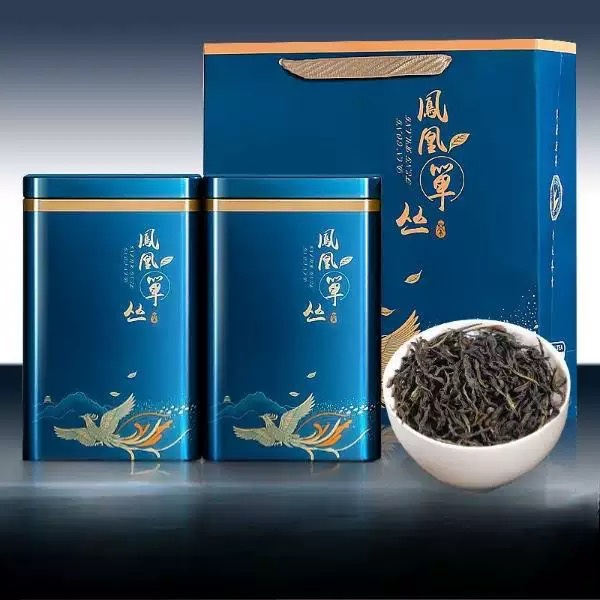
# Oolong Tea’s Impact on Metabolic Rate and Fat Oxidation
## Introduction
Oolong tea, a traditional Chinese tea that falls between green and black tea in oxidation levels, has gained significant attention for its potential metabolic benefits. This semi-oxidized tea contains unique compounds that may influence how our bodies process energy and burn fat.
## Understanding Oolong Tea’s Composition
Oolong tea contains several bioactive compounds that contribute to its metabolic effects:
– Polyphenols (especially catechins and theaflavins)
– Caffeine
– Theanine
– Various minerals and vitamins
The combination of these compounds appears to work synergistically to influence metabolic processes in the body.
## Metabolic Rate Enhancement
Research suggests that oolong tea may boost metabolic rate through several mechanisms:
### Thermogenic Effects
The caffeine and polyphenols in oolong tea have been shown to increase thermogenesis – the body’s heat production that burns calories. Studies indicate this effect may be more pronounced with oolong tea compared to green tea.
### Fat Oxidation
Oolong tea appears to enhance fat oxidation (fat burning) during both rest and exercise. The tea’s polyphenols may activate enzymes that break down stored fat, making it available for energy.
## Scientific Evidence
Several studies have examined oolong tea’s metabolic effects:
– A 2001 study published in the Journal of Nutrition found that oolong tea increased energy expenditure by 2.9% compared to water
– Research in the Chinese Journal of Integrative Medicine showed oolong tea consumption led to greater fat oxidation during moderate-intensity exercise
– A 2009 study demonstrated that regular oolong tea drinkers experienced greater weight loss compared to placebo groups
## Practical Considerations
To maximize oolong tea’s metabolic benefits:
– Drink 2-3 cups daily, preferably between meals
– Choose high-quality, loose-leaf varieties when possible
– Avoid adding sugar or milk which may counteract benefits
– Consume earlier in the day to prevent caffeine-related sleep disturbances
## Potential Limitations
While promising, it’s important to note:
– Effects are modest and work best alongside a healthy diet and exercise
– Individual responses vary based on genetics and lifestyle
– Excessive consumption may lead to caffeine-related side effects
– Not a substitute for medical treatment of metabolic disorders
Keyword: Oolong Tea and Metabolism
## Conclusion
Oolong tea represents a natural, low-calorie beverage that may support metabolic health through multiple pathways. While not a magic solution for weight management, when incorporated as part of a balanced lifestyle, its unique combination of compounds may help enhance metabolic rate and fat oxidation. As with any dietary change, consulting with a healthcare professional is recommended, especially for individuals with existing health conditions.